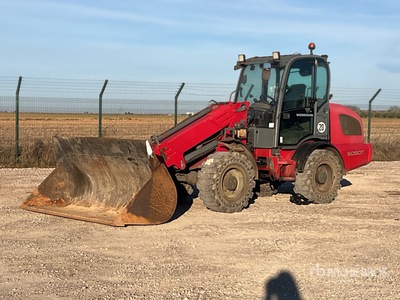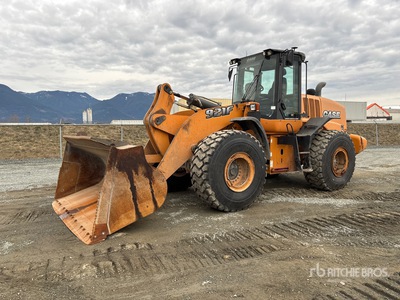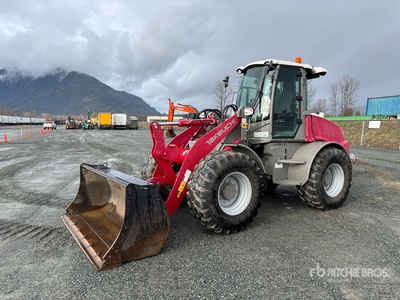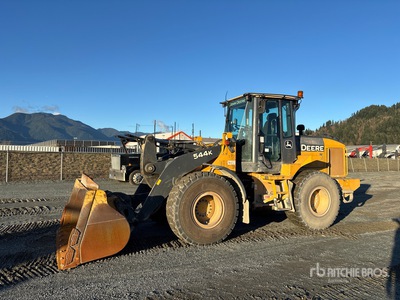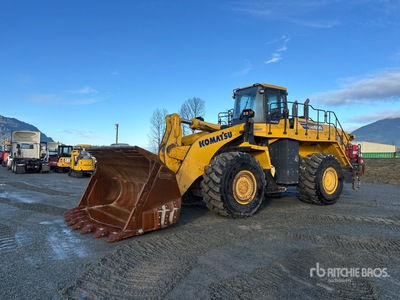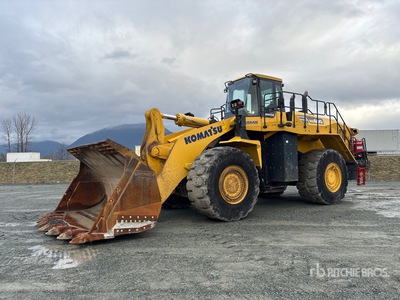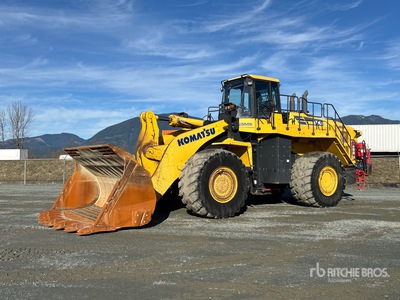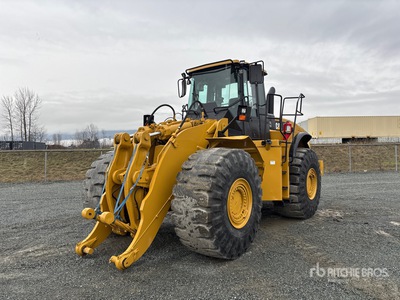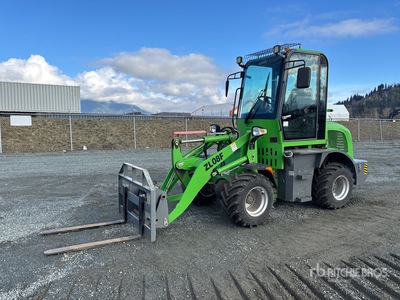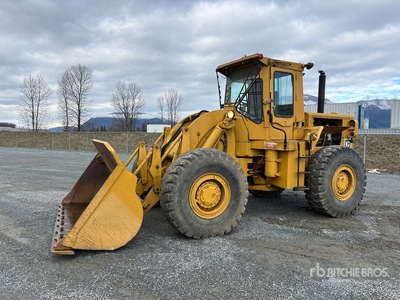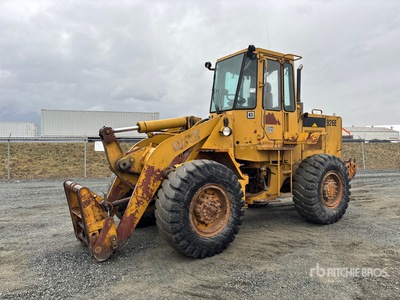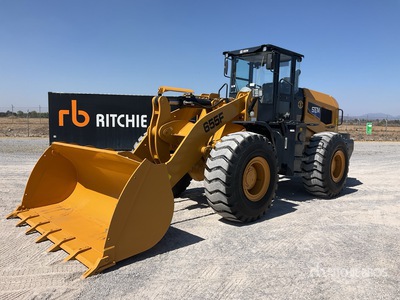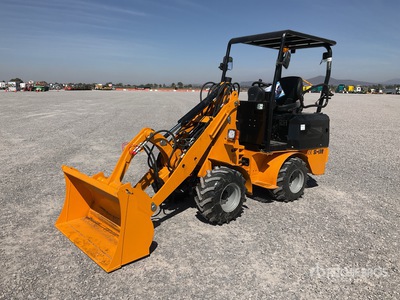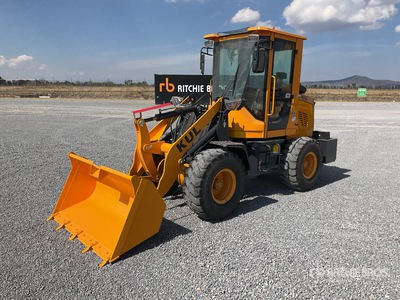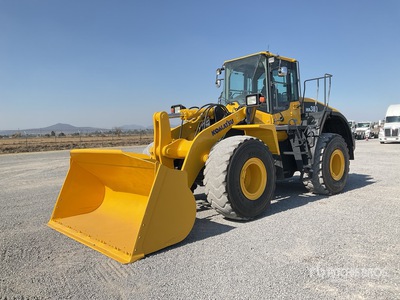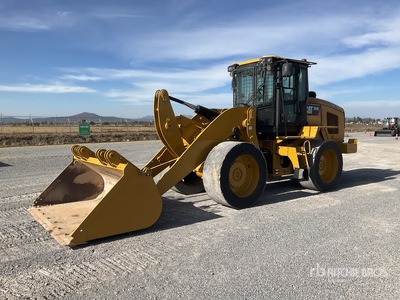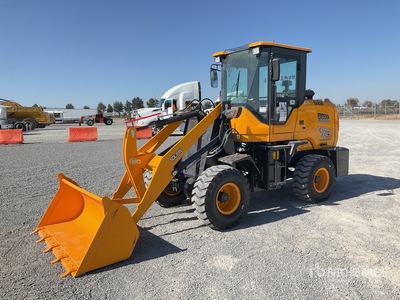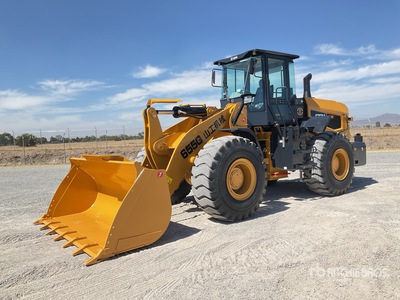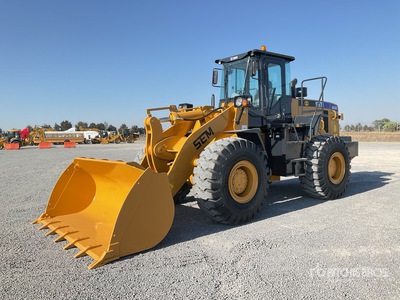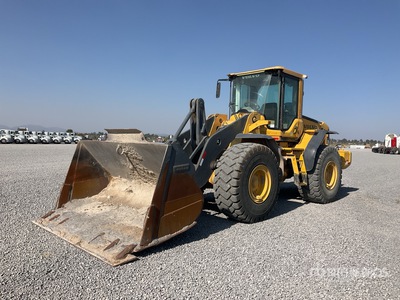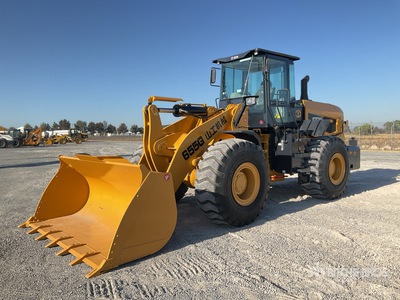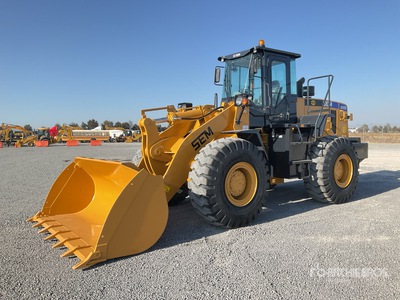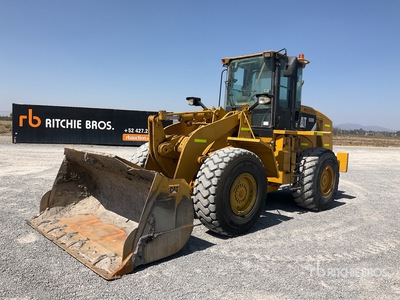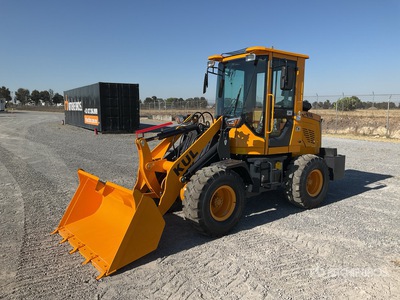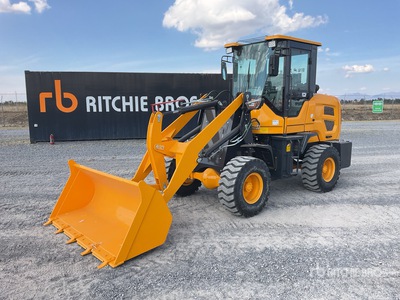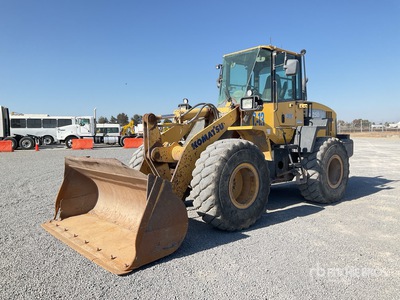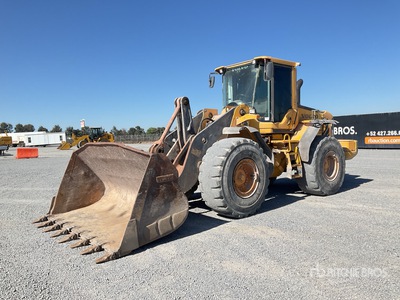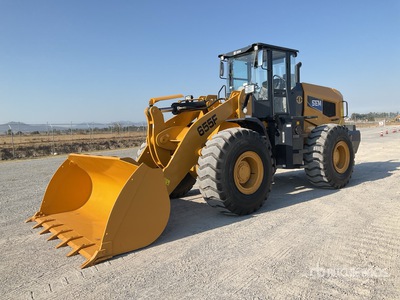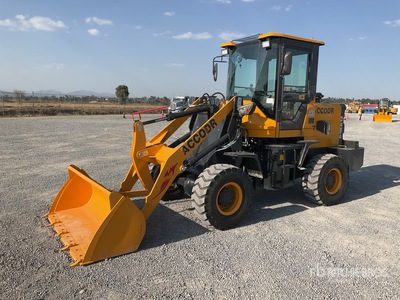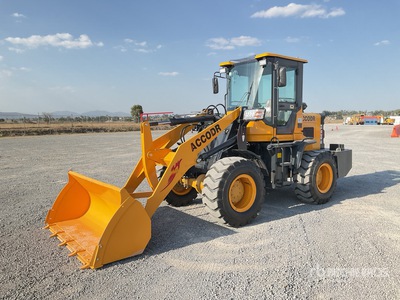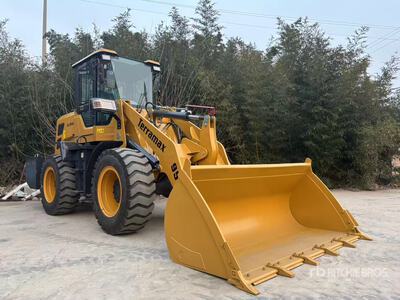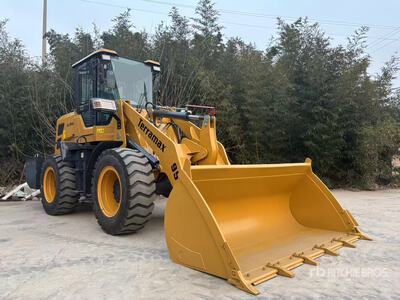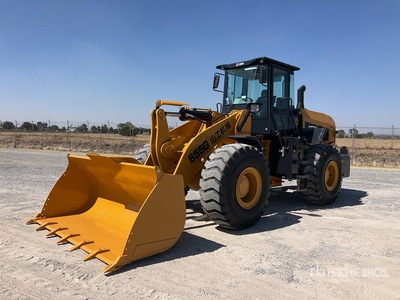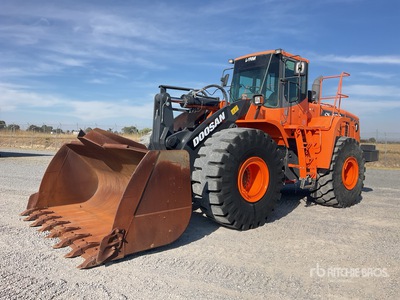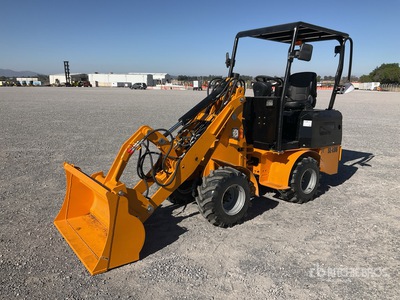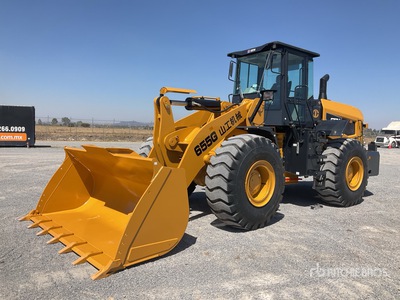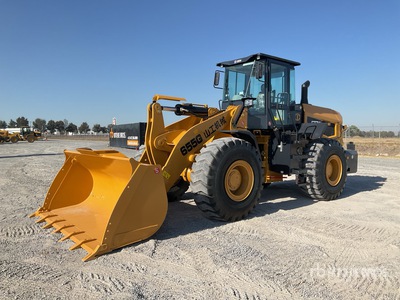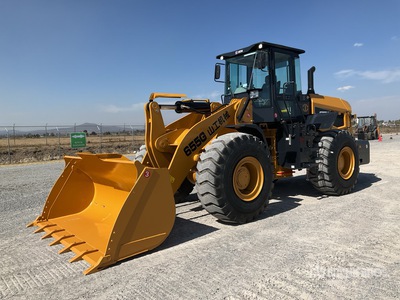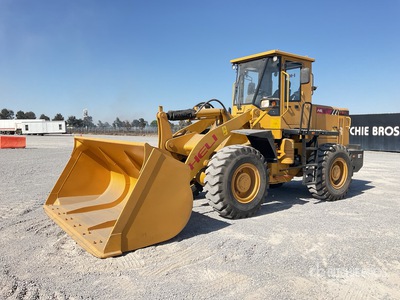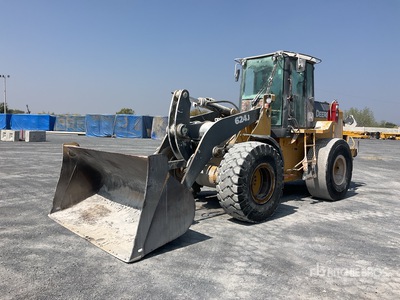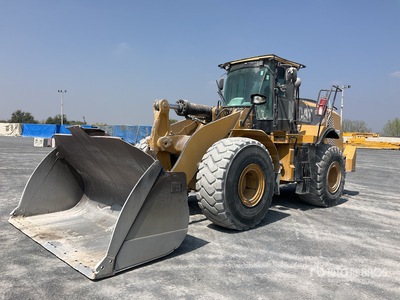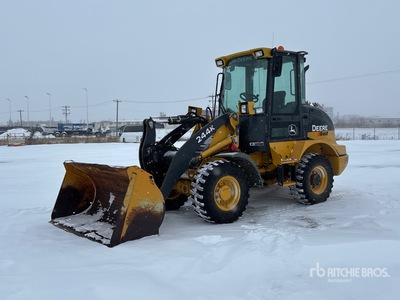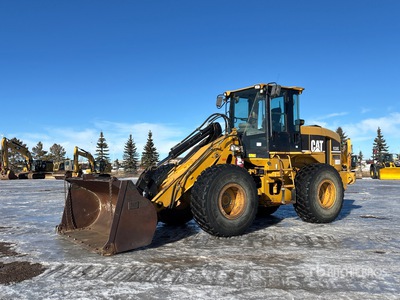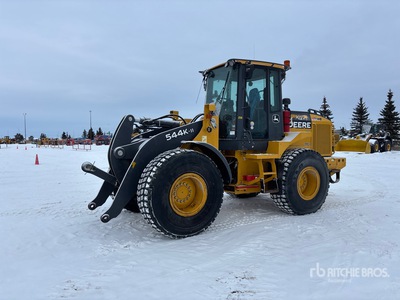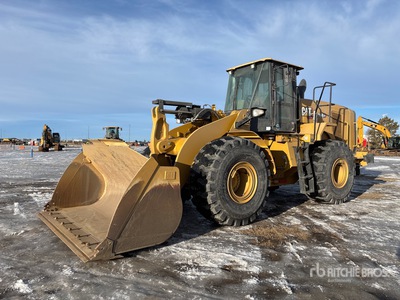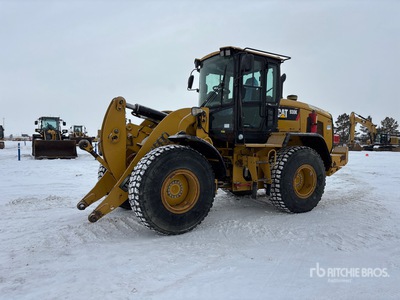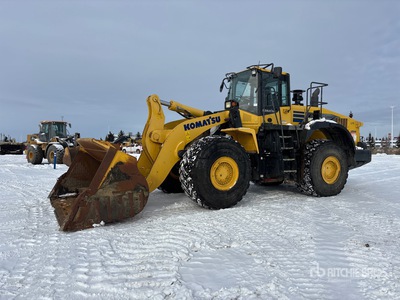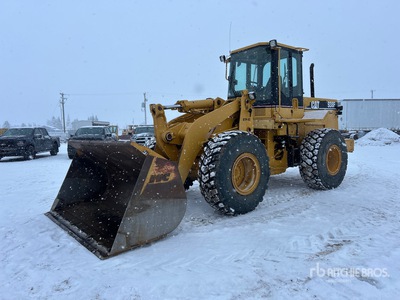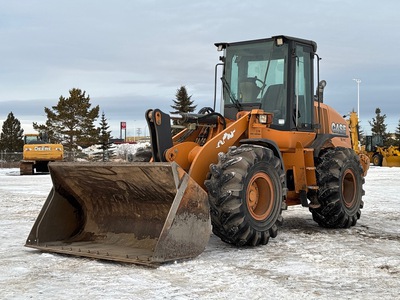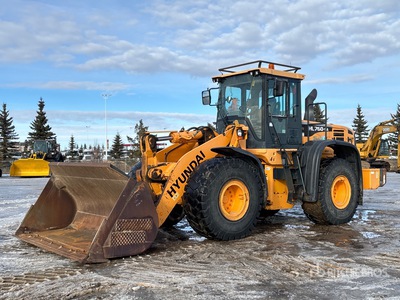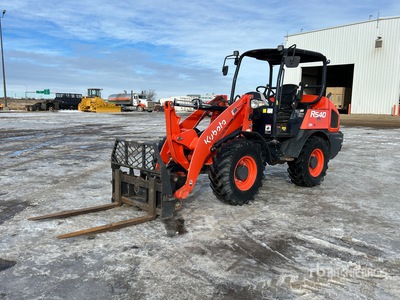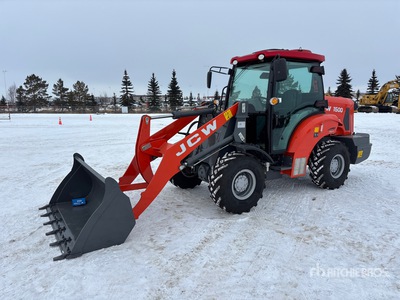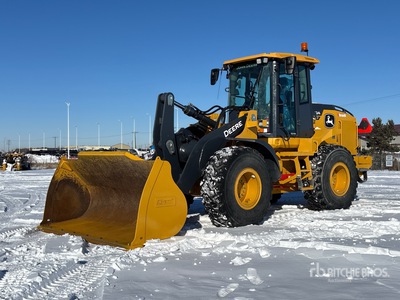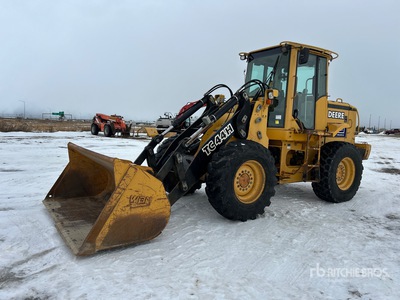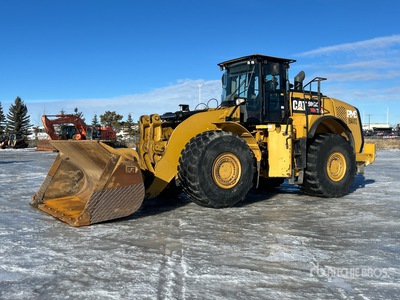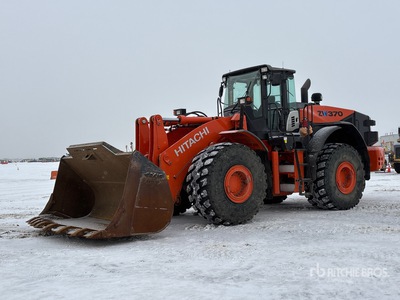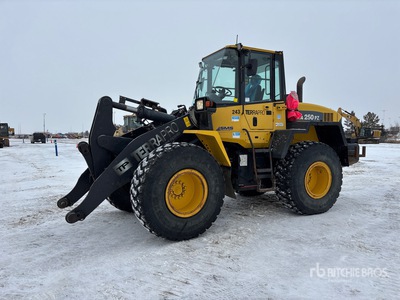Filter
0-60 von 963-Ergebnissen wird angezeigt
- Lot 269.
Polotitlán de la Ilustración, MEX, MEX
4 Std
- Lot 303
Polotitlán de la Ilustración, MEX, MEX
- Lot 309.
Polotitlán de la Ilustración, MEX, MEX
1 Std
- Lot 307
Polotitlán de la Ilustración, MEX, MEX
- Lot 285.
Polotitlán de la Ilustración, MEX, MEX
8.958 Std
- Lot 290.
Polotitlán de la Ilustración, MEX, MEX
20.967 Std
- Lot 305
Polotitlán de la Ilustración, MEX, MEX
- Lot 274.
Polotitlán de la Ilustración, MEX, MEX
3 Std
- Lot 268.
Polotitlán de la Ilustración, MEX, MEX
4 Std
- Lot 287.
Polotitlán de la Ilustración, MEX, MEX
1.728 Std
- Lot 271.
Polotitlán de la Ilustración, MEX, MEX
3 Std
- Lot 267.
Polotitlán de la Ilustración, MEX, MEX
4 Std
- Lot 288.
Polotitlán de la Ilustración, MEX, MEX
70.230 Std
- Lot 306
Polotitlán de la Ilustración, MEX, MEX
- Lot 302
Polotitlán de la Ilustración, MEX, MEX
- Lot 289.
Polotitlán de la Ilustración, MEX, MEX
19.821 Std
- Lot 284.
Polotitlán de la Ilustración, MEX, MEX
18.970 Std
- Lot 270.
Polotitlán de la Ilustración, MEX, MEX
5 Std
- Lot 304
Polotitlán de la Ilustración, MEX, MEX
- Lot 301
Polotitlán de la Ilustración, MEX, MEX
- Lot 300
Polotitlán de la Ilustración, MEX, MEX
- Lot 299
Polotitlán de la Ilustración, MEX, MEX
- Lot 275.
Polotitlán de la Ilustración, MEX, MEX
3 Std
- Lot 279.
Polotitlán de la Ilustración, MEX, MEX
10.165 Std
- Lot 308
Polotitlán de la Ilustración, MEX, MEX
- Lot 276.
Polotitlán de la Ilustración, MEX, MEX
4 Std
- Lot 273.
Polotitlán de la Ilustración, MEX, MEX
3 Std
- Lot 272.
Polotitlán de la Ilustración, MEX, MEX
3 Std
- Lot 291.
Polotitlán de la Ilustración, MEX, MEX
6.901 Std
- Lot 295.
Marin Nuevo Leon, NLE, MEX
9.923 Std
61-120 bis 963
Front End Loaders: Essential Equipment for Heavy-Duty Operations
Front end loaders are powerful machines designed to handle a wide range of heavy-duty tasks, making them indispensable in industries such as construction and mining. At their core, front end loaders are equipped with a large bucket at the front, mounted on two arms, capable of lifting, transporting, and loading materials with ease. These machines are engineered for efficiency, enabling operators to move substantial amounts of earth, gravel, or debris quickly across job sites.
Types of Front End Loaders:
Front end loaders come in various sizes and configurations, each suited to specific operational needs:
- Ideal for projects where space is limited, such as urban construction sites, compact loaders offer maneuverability without sacrificing power. They excel in tight spaces, performing tasks like material transport and site cleanup with agility.
- Striking a balance between size and power, medium loaders are versatile machines commonly used in standard construction projects. They offer the strength needed for substantial load handling while remaining flexible enough to tackle a variety of tasks, from excavation to road building.
- Designed for the most demanding environments, large front end loaders are the backbone of heavy-duty operations like mining. These machines feature high load capacities and robust engines, enabling them to move large quantities of material efficiently, which is crucial in high-volume settings.
Compact Loaders
Medium Loaders
Large Loaders
Articulated vs. Rigid Frame:
Front end loaders can also be categorized by their frame design. Articulated loaders feature a pivot point in the middle, enhancing maneuverability on uneven terrain, while rigid frame loaders offer superior stability, ideal for precise tasks on stable ground.
Front End Loader vs. Bulldozers: When to Choose Each
Heavy machinery often shares overlapping features and functions, so if you’re considering a front end loader, it’s understandable that you might also be weighing the capabilities of a bulldozer. While both machines offer powerful performance for material handling and site preparation, understanding their key differences can help you choose the right equipment for your specific needs.
Front end loaders are designed primarily for lifting and transporting materials, making them the go-to choice for tasks where moving large amounts of material over short distances is required. On the other hand, bulldozers are engineered for pushing large volumes of material, making them ideal for tasks like land clearing, grading, and shaping terrain. A bulldozer’s blade allows it to push heavy loads over long distances, flatten surfaces, and create a solid foundation for construction projects. However, when it comes to loading materials into containers or transporting them around a site, front end loaders are far more efficient.
For projects that require both material transport and site preparation, using both machines in tandem can maximize productivity. For instance, a bulldozer can clear and grade a site, while a front end loader handles the subsequent material transport, ensuring that each machine is utilized where it excels.
Ritchie Bros.' Recommended Brands for Front End Loaders
Selecting the right brand and model of front end loader can greatly influence the success and efficiency of your operations. Leading manufacturers like Caterpillar, Komatsu, John Deere, and Volvo have established themselves as top choices in the industry, each offering models designed to meet the demands of construction and mining environments.
Caterpillar
Known for their durability and advanced engineering, Caterpillar front end loaders like the Cat 924 and Cat 950 series are celebrated for their robust construction and ease of maintenance. These models are equipped with features that enhance operator comfort and safety, making them a preferred choice for those looking to invest in long-term reliability.
Komatsu
Another industry leader, Komatsu offers models such as the WA320, which combines efficiency with a durable design, making it ideal for both construction and mining tasks. Komatsu loaders are renowned for their fuel efficiency, reducing operating costs over time, which is a significant advantage for any business.
John Deere
The 444K model from John Deere is known for its smooth operation and fuel efficiency, making it a popular choice among operators who prioritize performance and cost-effectiveness. John Deere’s reputation for reliability ensures that these machines can handle the rigors of heavy-duty work without frequent breakdowns.
Volvo
Volvo’s L90H model stands out with its eco-friendly design and advanced telematics, which allow for real-time monitoring and diagnostics. This innovation not only improves operational efficiency but also extends the lifespan of the machine, making it a smart investment for those looking to minimize long-term costs.
Front End Loaders Are Built To Last
Like most heavy machinery, there are a few key factors that determine the long-term performance and reliability of front end loaders, such as build quality, maintenance practices, and technological advancements. Modern front end loaders are designed with these challenges in mind, offering solutions that enhance durability and reduce operational expenses.
Wear and Tear: Front end loaders are built with reinforced frames and high-quality materials that minimize wear and tear, even under harsh working conditions. Components like the boom and bucket are engineered for longevity, reducing the need for frequent replacements and repairs.
Fuel Efficiency: Advances in engine technology have significantly improved the fuel efficiency of modern front end loaders, making them more cost-effective and environmentally friendly. Key innovations include the integration of high-pressure common rail (HPCR) fuel injection systems, which optimize fuel delivery by precisely controlling the timing and amount of fuel injected into the engine. This not only enhances combustion efficiency but also reduces fuel consumption and emissions.
Maintenance and Repairs: Easy access to engine components and hydraulic systems ensures that maintenance tasks can be performed quickly, minimizing downtime. Additionally, the availability of OEM parts from reputable brands like Caterpillar and Komatsu ensures that repairs are straightforward, further enhancing the reliability of these machines.
Innovations in Front End Loader Technology
The construction and mining industries are constantly evolving, and so are the technologies that drive them. Front end loaders are now equipped with advanced features that improve safety, efficiency, and overall performance, making them more valuable than ever.
Telematics Systems
Modern front end loaders often come with integrated telematics systems that provide real-time data on machine performance, fuel consumption, and maintenance needs. This technology allows operators and fleet managers to monitor their equipment closely, making informed decisions that can prevent breakdowns and optimize performance.
Hydraulic Advancements
Improved hydraulic systems have made front end loaders more responsive and powerful, allowing for smoother operation and greater precision in material handling. These advancements not only improve productivity but also reduce operator fatigue, making long shifts more manageable.
Eco-Friendly Design
With growing environmental concerns, manufacturers have focused on developing loaders that meet strict emissions standards without compromising on power. These eco-friendly models offer reduced fuel consumption and lower emissions, helping companies meet regulatory requirements while also reducing operating costs.
Loader Pricing Information and Expert Inspection Tips
Once you narrowed down the loader you want, our expert staff have complied a must read list of inspection tips for wheel loaders on Ritchie Hub. Check out the link here.
Ritchie Bros. is the expert when it comes to selling heavy equipment worldwide. Given our global reach, we attract sellers and buyers alike for equipment no matter the size. Given our extensive experience with heavy equipment, we're proud to provide equipment pricing with Rouse via our Market Trends Reports, so if you're in the know for pricing trends for Loaders, give our article a look and sign up today for your free pricing report!
Want to sell your Loader?
Rbauction offers robust options to sell your equipment. Get in touch with our seller team today.
Once you're locked in on a wheel loader, you can also watch our detailed video along side our blog aritcle on how to inspect a wheel loader. We make it easy and confident for you to buy your next wheel loader at our auctions!
Different ways to buy wheel loaders at Ritchie Bros.
Ritchie Bros offers multiple ways to buy equipment such as auctions, Marketplace-E with instant offers and our new private buying experience at Ritchie List. Expand your search for Motor Graders for sale today with our storefronts:
- wheel loaders for sale on IronPlanet and Marketplace-E
- wheel loaders for sale on Ritchie List
- wheel loaders for sale by owners near you on Boom & Bucket.
Want to sell your wheel loader?
Rbauction offers robust options to sell your equipment. Get in touch with our seller team today.
